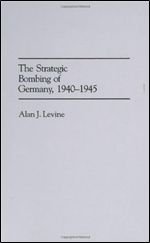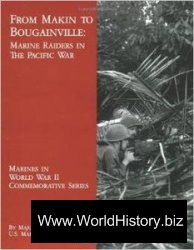FREDRIK LOGEVALL
The struggle for Indochina after 1945 occupies a central place in the international history of the twentieth century. Fought over a period of three decades, at the cost of millions of lives and vast physical destruction in Vietnam, Laos, and Cambodia, the conflict captured in microcosm all of the grand political forces that drove the century’s global history: colonialism, nationalism, communism, and democratic-capitalism. It was both an East-West and a North-South struggle, that is to say, intimately bound up with the two most important developments in international relations after World War II, the Cold War and the breakup of the colonial empires.
It took time, however, for Indochina to become a major cockpit of tensions in the international system. In the early years, the conflict was largely a Franco-Vietnamese affair, resulting from Paris leaders’ attempt to rebuild the colonial state and international order from before World War II, and Vietnamese nationalists’ determination to redefine that state in a new postcolonial order. France had lost colonial control when, after the fall of France in 1940, Japan swept southward and gradually gained effective control of the whole of Southeast Asia. The Tokyo authorities initially found it convenient to leave the day-to-day control of Indochinese affairs in French hands, but in March 1945 the Japanese brushed aside the French in favor of ruling Indochina themselves. By then the tide of the Pacific War had turned against them, however, and in the weeks and months that followed, the French government and various Vietnamese nationalist groups - the most powerful of which was the Communist-led Vietminh under Ho Chi Minh - jockeyed for power. They continued to do so after Japan’s surrender until, in late 1946, large-scale war broke out.
East-West tensions were by then becoming serious in Europe and the Near East, and one might have expected the same to be true in Vietnam, because Ho Chi Minh and his chief lieutenants were dedicated Marxists. In fact, though, Paris leaders cared little that the Vietminh was Communist-led;
What mattered was that Ho refused to accede to French colonial control. The British government backed the French less out of concern for Ho Chi Minh’s political philosophy than out of fears for what a Vietnamese nationalist victory could to do to their own colonial holdings. As for Soviet leader Iosif Stalin, he showed scant interest in Southeast Asia; it was for him always a backwater. He did not extend diplomatic recognition to the Democratic Republic of Vietnam (DRV) that Ho proclaimed in September 1945, and instead continued to regard France as the legitimate ruler of Indochina. His attention on European issues, and distrustful of Ho Chi Minh (for being too independent and nationalist-oriented), Stalin early on offered the Vietminh neither material nor diplomatic support and, indeed, endorsed the French Communist Party’s backing of the first war budget and emergency measures related to the prosecution of the struggle.




 World History
World History









